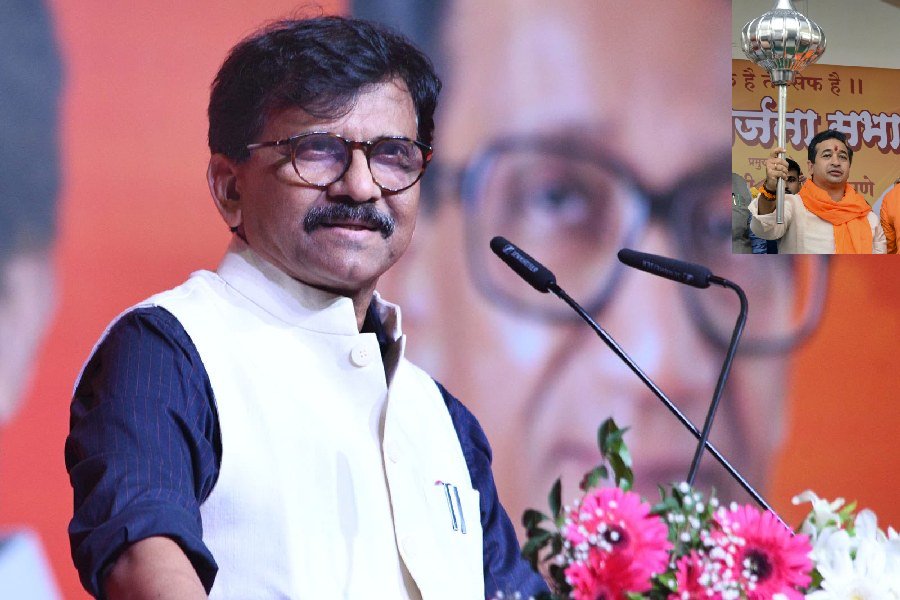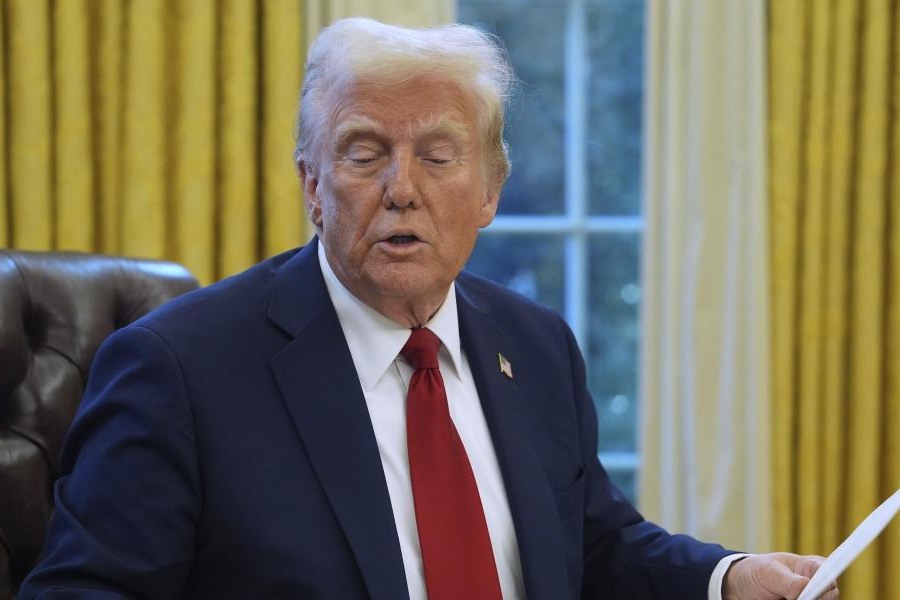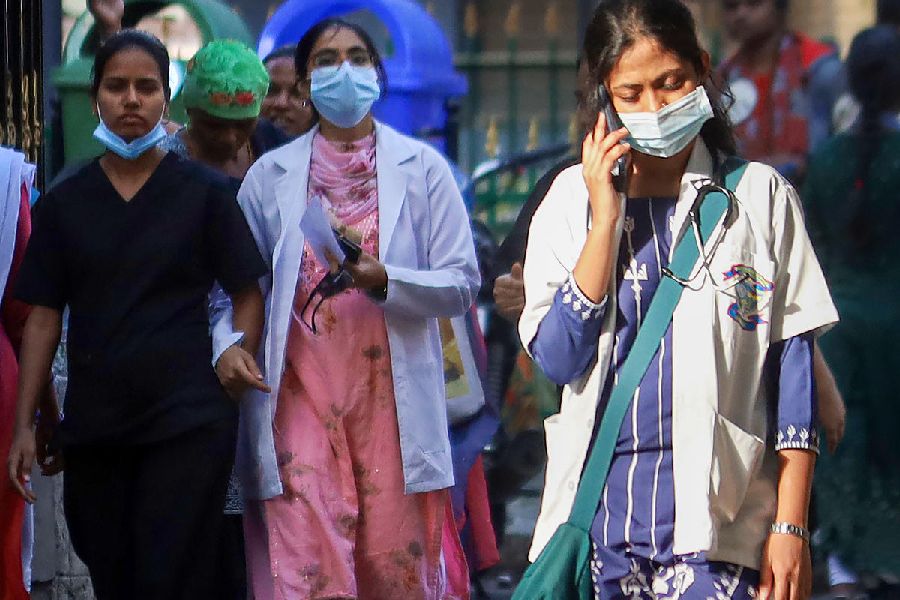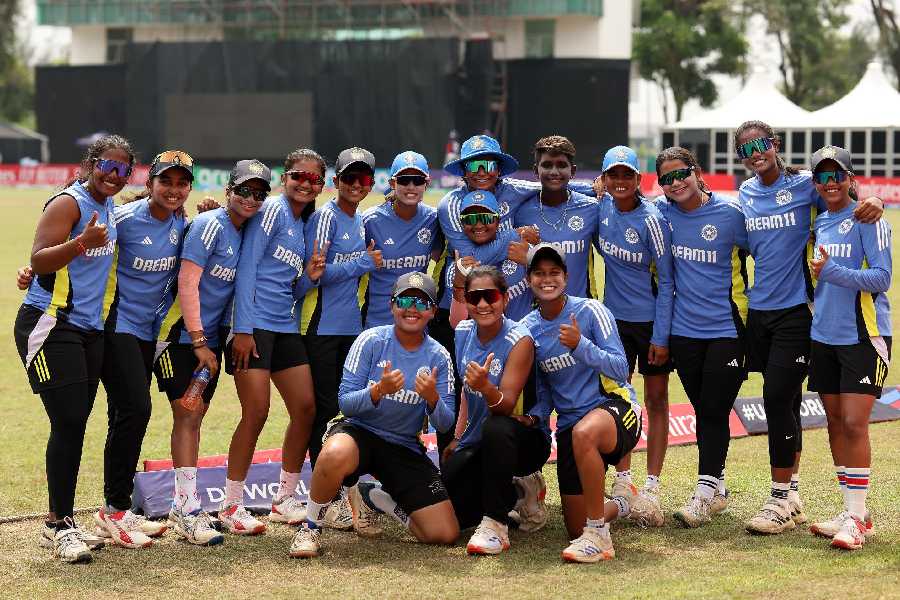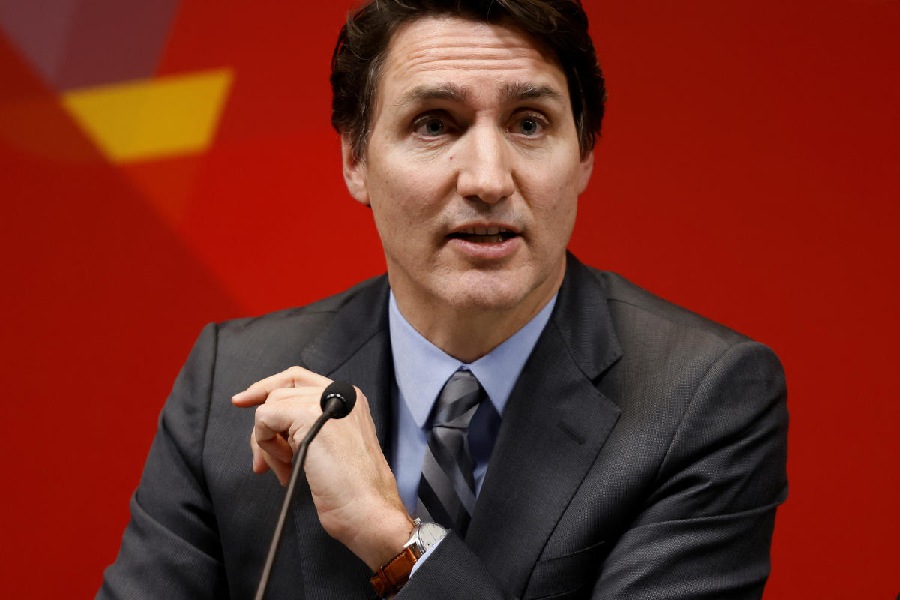The second wave of the Covid pandemic has affected the microfinance industry which estimates an adverse impact on the collection efficiency and delinquency levels at the end of June compared with that at the end of March.
Collection efficiency for the microfinance industry had reached around 90 per cent at the end of March.
The delinquency levels (30 days past due) on an industry basis, which includes NBFC-MFIs, banks, small finance banks, NBFCs and non-profit MFIs, was 9.12 per cent as of March 31, 2021, improving from 13.23 per cent as of December 31, 2020.
The top 10 states, led by Bengal, Tamil Nadu, Bihar, Karnataka, Maharashtra, Uttar Pradesh, Madhya Pradesh, Odisha, Assam and Rajasthan, account for 83 per cent of the gross loan portfolio of the microfinance industry and most of them announced restrictions from mid-April onwards to curb the spread of the virus.
“In Bengal, a lot of economic activity in Calcutta and the districts depend upon the availability of transport systems. With restrictions, we find lesser collection levels. Similar situation in Maharashtra in places around Pune and some pockets in western Maharashtra,” said P. Satish, executive director of microfinance industry body Sa-Dhan.
“The effect of the second wave in terms of human cost was high because there was unfortunate loss of life of staff members and their families and borrowers and their families,” said Satish.
City-based Bandhan Bank, which has a substantial loan book in the microfinance segment, has reported to bourses a dip in its collection efficiency to 72 per cent in the micro finance loan book at the end of June from 95 per cent in March.
“There have been localised lockdowns to prevent the spread of the second wave which intensified from the second half of April to May. It has started ebbing and most states are gradually opening up,” said Manoj Nambiar, managing director and board member of Arohan.


